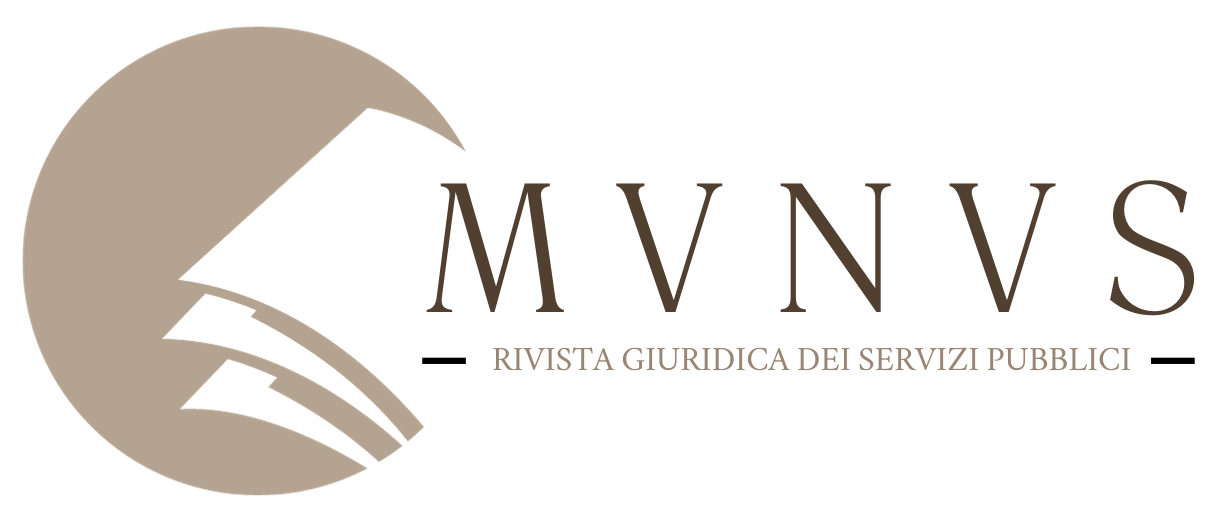Sommario:
1. La valutazione multiforme della ricerca e i suoi risultati: una delimitazione necessaria.
2. Le finalità e le regole della valutazione della ricerca: la VQR.
3. I risultati e la coscienza collettiva.
3.1. Multum in parvo: i presupposti per la tenuta dei risultati.
3.2. I metodi di valutazione.
3.3. Le garanzie procedimentali.
3.4. La «graduatoria di area», i costi e la ripartizione dei fondi premiali.
3.5. L’internazionalizzazione della ricerca giuridica.
3.6. Competizione e cooperazione.
3.7. L’effetto San Matteo e le punizioni.
3.8. (segue) La produttività degli accademici.
3.9. La riservatezza e l’anonimato.
3.10. La classificazione delle riviste: dai rating agli «indicatori di prodotto».
3.11. Quale divario territoriale nella ricerca giuridica?
4. La solidità dell’edificio: il «regime» della valutazione e l’ipotesi della Regina rossa.
Abstract:
The Italian Assessment of Research Quality (VQR 2004-2010), which has been concluded in 2013, is the first assessment exercise devoted to the distribution of public resources to Italian universities. Even if it represents only a part of the more
general debate dealing with research assessment in the humanities, it offers however a unique point of view on Italian academic research in legal sciences and its main features. Moving from this overview, the contribution focuses on eleven points, each of them has a strong relation with research assessment: the requirements to make its results plausible, the assessment methods, the procedural guarantees, the university rankings and the distribution of public assignments, the internationalization of legal research, the competition paradigm in research, the «productivity» of Italian legal scholars, the protection of privacy during the evaluation process, the rating of legal journals and its possible passing over, the territorial gap in the research activity. The slow pace, as it is traced, needs an accurate reflection both for the design of future assessment exercises and the possible development of certain features of Italian academic research in the legal sciences.
